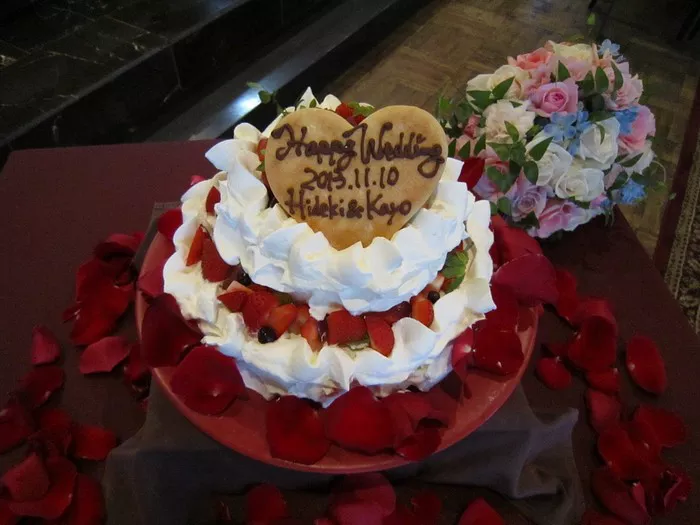Wedding catering has undergone a radical transformation, moving far beyond the standard plated dinner or buffet toward fully immersive culinary experiences. Modern couples are treating food as a central element of their wedding narrative rather than just a necessity, resulting in extraordinary innovations that engage all the senses.
Interactive food stations have evolved into full-blown culinary theaters. At recent high-profile weddings, guests have been treated to live seafood boils where they select their catch from tanks, molecular gastronomy demonstrations that create edible “fireworks,” and DIY sushi rolling stations with master chefs guiding the process. One particularly memorable Los Angeles wedding featured a “cloud kitchen” where dishes appeared to float on edible smoke clouds before gently descending to plates.
Seasonal and hyper-local sourcing has become non-negotiable for discerning couples. The farm-to-table movement has escalated to the point where some weddings now include a “farmer’s tribute” course that highlights ingredients from specific local purveyors, complete with stories about their production. In Napa Valley, vineyard weddings routinely feature grapes picked that morning for custom-pressed welcome drinks, while coastal ceremonies in New England might offer oysters harvested hours earlier.
Dietary customization has reached new heights with AI-powered menu personalization. Through pre-wedding surveys and analysis of social media food preferences, catering companies can now create individually tailored meals for each guest that account for allergies, preferences, and even optimal nutritional balance for dancing stamina. Some services use facial recognition to ensure servers deliver the right customized dish to each guest without the need for place cards or special requests.
Perhaps the most dramatic innovation is the emergence of “culinary storytelling” – multi-course meals where each dish represents a chapter in the couple’s relationship. A first date at an Italian restaurant might inspire a handmade pasta course, while a vacation in Thailand could lead to a perfectly balanced tom yum soup. Elite catering companies employ food historians and cultural researchers to help craft these edible narratives, which are often accompanied by brief explanations or visual presentations.
The bar experience has been similarly revolutionized. Gone are the simple open bars – today’s wedding cocktails are often bespoke creations based on the couple’s personality profiles, with some mixologists using machine learning to analyze social media posts and create “algorithmically perfect” signature drinks. Non-alcoholic offerings have become equally sophisticated, with crafted zero-proof pairings for each course and “mocktail” menus as extensive as their alcoholic counterparts.
As weddings increasingly focus on creating unique, memorable experiences, catering has moved from a supporting role to center stage. These culinary innovations not only delight guests but create lasting impressions that extend far beyond the traditional wedding cake memory.


